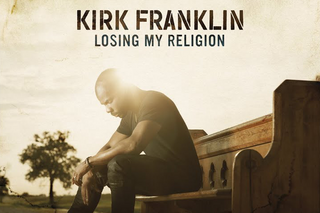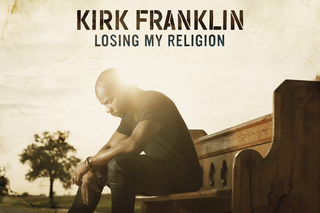
Location: Miller Hall
406 Prospect Street
New Haven, CT 06511
Admission: Free, but register in advance
Open to: General Public
Event description: Join us for a lunch talk with Yale Institute of Sacred Music fellow, Cory Hunter. Lunch will be provided but please RSVP to raymond.vogel@yale.edu by Monday, October 23. Seating is limited and on a first-come, first-served basis.
The phrase “I don’t have religion, I have relationship” is often articulated in charismatic Black church contexts to signal a deviation from traditional religious dogmas and to underscore an intimate and genuine relationship with God. As part of this church vernacular, “religion” is conceived as a dogmatic fixation with, and uncritical allegiance to, strict rules and regulations. Conversely, “relationship” emphasizes independence from religious rules and stresses a personal relationship with God unencumbered by theological and institutional dogma. The predominance of the religion/relationship polarity in charismatic church parlance has inevitably infiltrated gospel music discourse and practice, as many gospel artists routinely attend charismatic churches under the spiritual tutelage of pastors who rehearse religion/relationship rhetoric from their pulpits. I analyze Kirk Franklin’s 2015 album, Losing my Religion, as a case study to understand how these theological and liturgical transformations in the charismatic Black church impacted gospel music practice. I argue that throughout this music project, “losing my religion” is an artistic expression of sonic and social disassociation from musical and theological conventions enshrined by institutionalized religion. Through intertextually appropriating a hip hop aesthetic into his gospel compositions, and by engaging the intersectional identities of race, class, and sexuality, Franklin unsettles conservative notions of sonic and theological respectability reinforced by conservative Black churches. Further, I argue that in subverting conservative theological standards, Franklin enacts realism, as his music and performance critique and depart from the stringent traditions of religious institutions and become more palatable, more real, to the unchurched. I draw upon musical and lyrical analysis, online and personal interviews to understand how Franklin musically “loses his religion.”
Dr. Cory Hunter received his Bachelor of Music in Vocal Performance from Eastman School of Music in 2006 with distinction, a Master of Divinity and Certificate of Music from Yale Divinity School and the Yale Institute of Sacred Music in 2009, and a PhD in musicology from Princeton University in 2016. He currently holds a dual position as Assistant Professor of Music at the University of Rochester and Assistant Professor of Musicology at Eastman School of Music. His recent article, “Thy Kingdom Come: Racial-Ethnic Oneness in African American Gospel Music,” published in The Musical Quarterly (Summer 2022), examines the ways in which gospel artists musically and discursively encourage racial-ethnic oneness. Hunter’s expertise in Black gospel music has afforded him the opportunity to be a Black music consultant for local news networks in Rochester, NY including Fox, ABC, CBS, and Spectrum News. His current book project, Spiritual Realism in Gospel Music Discourse and Practice, considers how contemporary Black gospel artists use musical and discursive practices to accommodate the popular cultural infatuation with realness and to deconstruct the conventional theologies of conservative Black churches.
